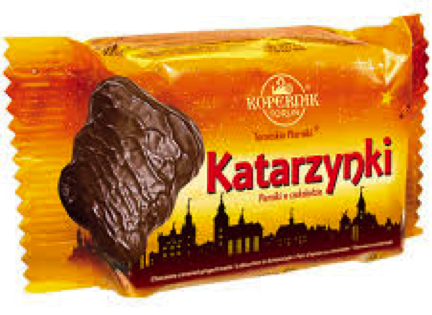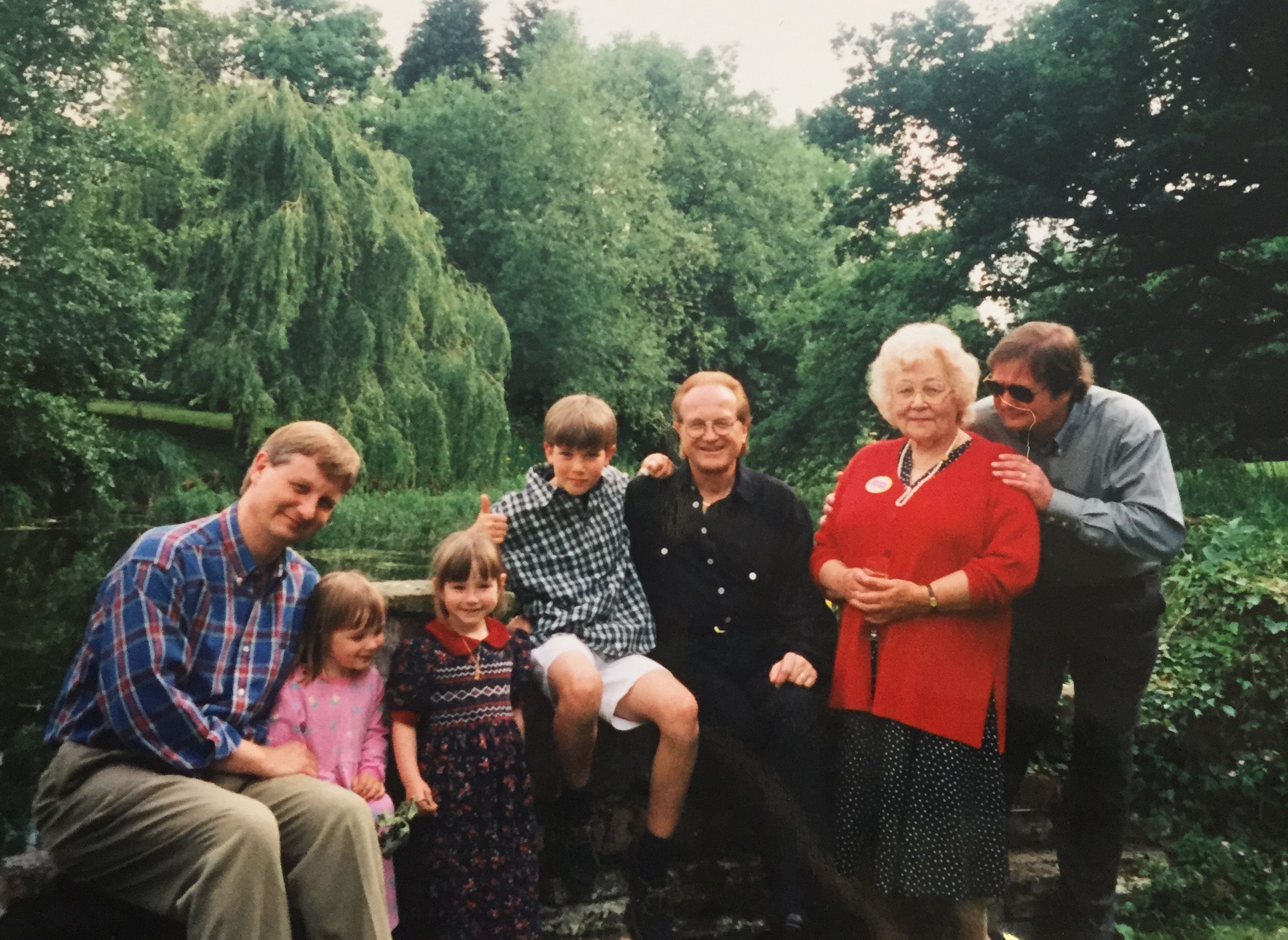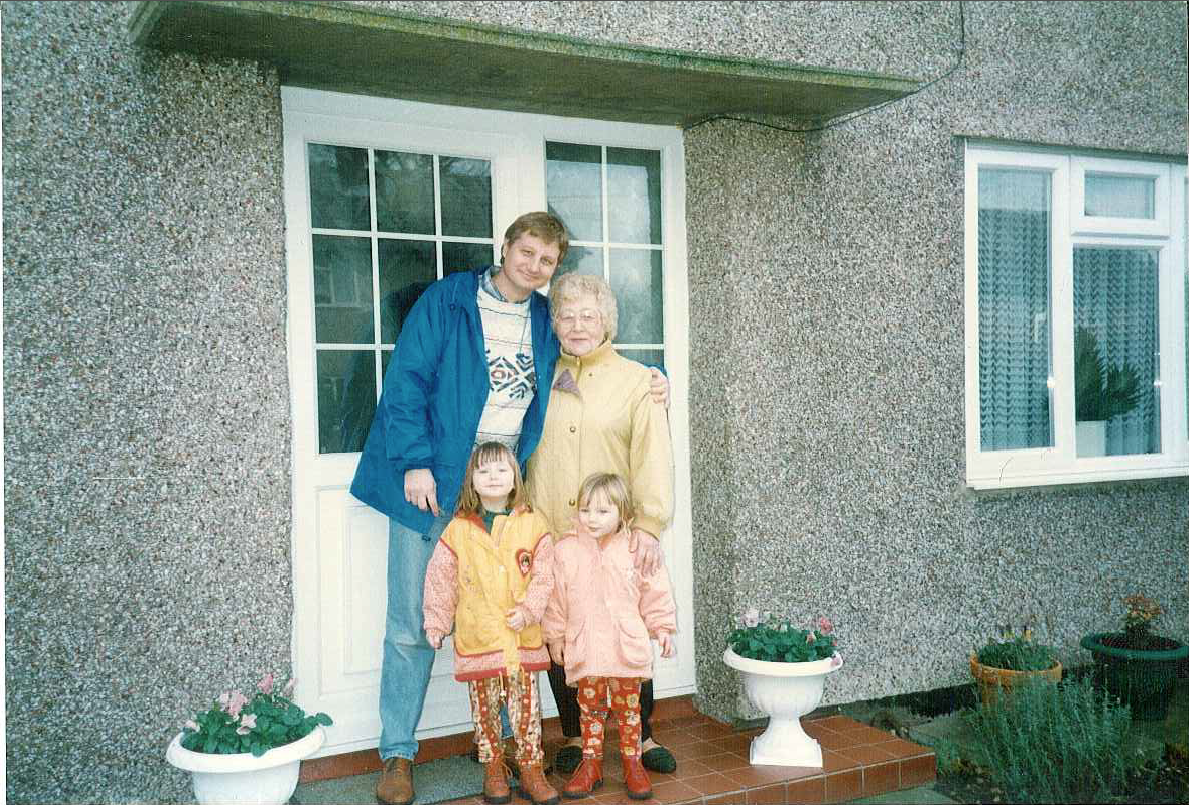Learning languages helps me help other people
Darren took part in our uTalk Challenge in January this year, choosing Polish, and he’s continued in February with Czech. Here’s his language learning story…
My name is Darren, I’m from Bath, England, and my language journey really began about 10 years ago.
I had studied French and German at school but I didn’t really enjoy them. I didn’t realise how useful languages could be until a friend asked me to help her learn some Latin for her nursing exam. She gave me the list of things she needed to learn with a look of sheer terror on her face and I told her ways to easily remember each word. You could see the panic in her eyes fade as she realised she could remember everything after just a couple of hours.

Soon after, I started working with a lot of Polish girls. It was quite difficult because only one or two of them could speak English, so I decided to try to learn enough Polish to be able to say “Good morning”, “You need to do this…”, “Would you like a coffee?” and other essential phrases. My first few attempts at communication were hilarious! My pronunciation was terrible and led to smiles and giggles, but they were all really impressed that I even tried and my blushes soon turned to grins of pride. I started doing the same when other new people arrived and was soon spouting phrases in Polish, Hungarian, Latvian, Romanian, and Greek. The look of happy surprise as a nervous new employee is greeted in his or her own tongue is itself worth the effort of learning.
I try to study a different language every day of the week for about two hours. Now I have friends from all over the world and teach English as a Second Language so I am lucky enough to be able to practise different languages every day. I’ve lost count of the number of times I have been able to help someone in the street when they have asked someone in broken English if they know where some place is, or in a shop when they don’t understand what is being said to them by a cashier. One time I was even asked to help translate for a friend who had been attacked and needed to talk to the police. Languages are now very important in my life and are my biggest passion.
One last thing: my original attempts at speaking Polish eventually led to me marrying the girl of my dreams. Just another reason to start your own language adventure!
How did you get your surname?
Do you know how you got your surname?
It is regarded as a tradition for women to take their husband’s surnames when they get married in Britain. It’s also the tradition for men to always be Mr but women will be Miss until they’re married and become Mrs. So if Miss Young married Mr Smith, she would become Mrs Smith. A survey in 1994 showed that 94% of British women decided to take their husband’s surname when married. This ‘tradition’ is no longer as common today, with many women choosing to keep their own surname, or creating a double-barrelled surname.
In Poland many women choose to take their husband’s surname when they get married. However, they have masculine and feminine endings to their surnames. My surname – Koszykowska – like many Polish names ends in ‘ski’ for males or ‘ska’ for females; my dad follows this rule, as does one of my uncles, but the other uncle keeps its simple by using ‘ski’ for his family. It’s thought that originally Polish surnames ending in ‘ski’ or ‘cki’ came from the places where people lived; so if you lived in Wola you would become Wolski.
In Iceland the family name reflects the immediate father’s name or in some cases the mother’s. This is a more complex way of creating a surname compared to the British tradition. If Jón Einarsson had a son called André, André’s surname wouldn’t be Einarsson; instead it would be Jónsson. This is a combination of his father’s first name ‘Jóns’ (the s indicates that he is literally Jón’s son) and the Icelandic word ‘son’. If Jón had a daughter her surname would be Jónsdóttir, dóttir being the Icelandic word for daughter. In some cases they may use the father’s middle name, or their grandfather’s name.
In Spain it’s the norm for children to take the surname of the father and their mother’s maiden name to form one surname. For example if Alejandro López marries Daniela Rodriguez, their child Paula will take the father’s surname López as their second name and their mother’s Rodriguez as their third; Paula López Rodriguez. Then it gets slightly more confusing: if Paula marries she won’t change her surname; instead she will add it to her name. For example, she marries Álvaro Arroyo; her name will become ‘Paula López Rodrigues de Arroyo’. This continues when Paula has children, her mother’s surname will be dropped from their surnames to become ‘López Arroyo’.
Is there an interesting story behind your surname? Let us know!
Alex
How to keep New Year’s resolutions
We’re well settled into the new year and we’re all full of hopes and dreams for the next 12 months – learning a new language, getting fit, changing our job, travelling more. Most likely in the first week of the year you were super pumped, ready to drop anything to stick to your main goal(s).
By the time the second week came however, you kind of settled in, relaxed the rules a bit and got back to some of your old habits. When January’s over, your goal will be completely forgotten like it was never there and you’re going to be thinking ‘how silly of me to think that I could learn Spanish’.
That can be one of the ways the future looks. Let’s take a different turn. Lets push through the phase when we want to give up and see what happens. The other road is familiar but wouldn’t it be nice to see what else can happen? What if you did learn Spanish this year? You could read books in Spanish, and you could talk to other Spanish speakers, and on your next holiday in Spain you could strike up a conversation with a stranger and end up making new friends.
Studies have shown that the human brain tends to value immediate rewards more than future rewards. When you set a goal or a resolution you are in fact making plans for your future self and it ‘s easy to imagine how your life can look. But, when the time comes that you actively pursue that goal most people choose immediate gratification and opt to do what they feel like in the moment.
Now that we understand how our mind works, it’s time to find ways to stop this from happening.
- Start slowly and build a ritual. Set yourself to practice for half an hour a day – that’s not too much to ask right? Offer yourself a reward after – if you’re learning a language with uTalk, the reward comes in the form of earning points and we all like to build up to a nice score, right?
- Put aside some of your other tasks. Obviously not work or eating but if you usually browse the Internet while commuting why not replace that with your main goal?
- Keep your eyes on the prize – never lose sight of your motivation. Look at pictures of beautiful Spanish landscapes and imagine yourself having a chat with the locals, or listen to Spanish songs and try to understand the lyrics.
I hope this helps you push through the temptation of giving up and will ultimately get you to your goal. And don’t worry about making mistakes; the only person who loses is the one that gives up, so no matter how slow you are going, it’s still better than if you weren’t doing anything.
And if your goal is to learn a language (or twelve…), there’s still time to join the uTalk Challenge!
Ioana
Going back to my roots to learn Polish
Alex Koszykowska is the newest member of the EuroTalk team, joining us last month as our new sales and marketing assistant. In today’s post she explains why she’s learning Polish.
It is said that a million people in the UK class Poland as their ancestral home in some way. This is the case for my family; my Granddad came to England from Poland during the second world war (my Gran also came over to England but from Russia – she and my Granddad met when she was a nurse in the army). Over the years my Gran has adapted to my Granddad’s ways, and will now only speak Polish or very basic English to us. Growing up, my dad and his brothers were all brought up speaking Polish as their main language, with English as their second. Even today they can slip into Polish very naturally – leaving my sister and I completely oblivious to what was going on around us. My mum and aunties all learnt to speak Polish – mainly to get brownie points from my Gran; but really it is only my sister, my cousins and I who cannot speak Polish in our family.
This means regularly at our family’s favourite restaurant (which of course is owned by a Polish family), we would be pretending to understand what everyone was talking about.Whenever we entered the hotel, I would always greet the family with ‘Cześć’ (hi). My sister and I have also mastered how to say ‘Dziekuje ci bardzo’, which means ‘thank you very much’ (and rolls off the tongue much more easily then you think it would). We have managed to get away with this throughout our childhood. However, now I feel a certain responsibility to carry on this tradition in our family. Working for EuroTalk has shown me that language learning isn’t as intimidating as many people make out.
 Part of the reason it is so enjoyable to be learning Polish is that I love everything about my Polish roots. From the tradition of whenever we go to my Gran’s she hands us a pack of Katarzynki (which are like soft biscuits with a ginger flavour in the middle and chocolate around the outside) to our rather impossible to say, spell and write surname (with a lot of people finding the change from ‘a’ if you’re female to ‘i’ if you’re male for the last letter of our surname confusing!).
Part of the reason it is so enjoyable to be learning Polish is that I love everything about my Polish roots. From the tradition of whenever we go to my Gran’s she hands us a pack of Katarzynki (which are like soft biscuits with a ginger flavour in the middle and chocolate around the outside) to our rather impossible to say, spell and write surname (with a lot of people finding the change from ‘a’ if you’re female to ‘i’ if you’re male for the last letter of our surname confusing!).
The four words I do know (five if you include dobrze – ok) make my Gran so happy; she loves seeing us take an interest in our Granddad’s language. Even basic language skills are so important and can make a huge difference. My family heritage is my motivation to learn more Polish, which is why the uTalk app is so fabulous, as it is designed so you can learn how to say key phrases. For example ‘proszę mówić wolniej’, meaning ‘please speak more slowly’, which is vital to know in my family!
Are you interested in learning a language, or do you have family members who are bilingual and you’re keen to join them? Try our uTalk app to get started!
Alex



